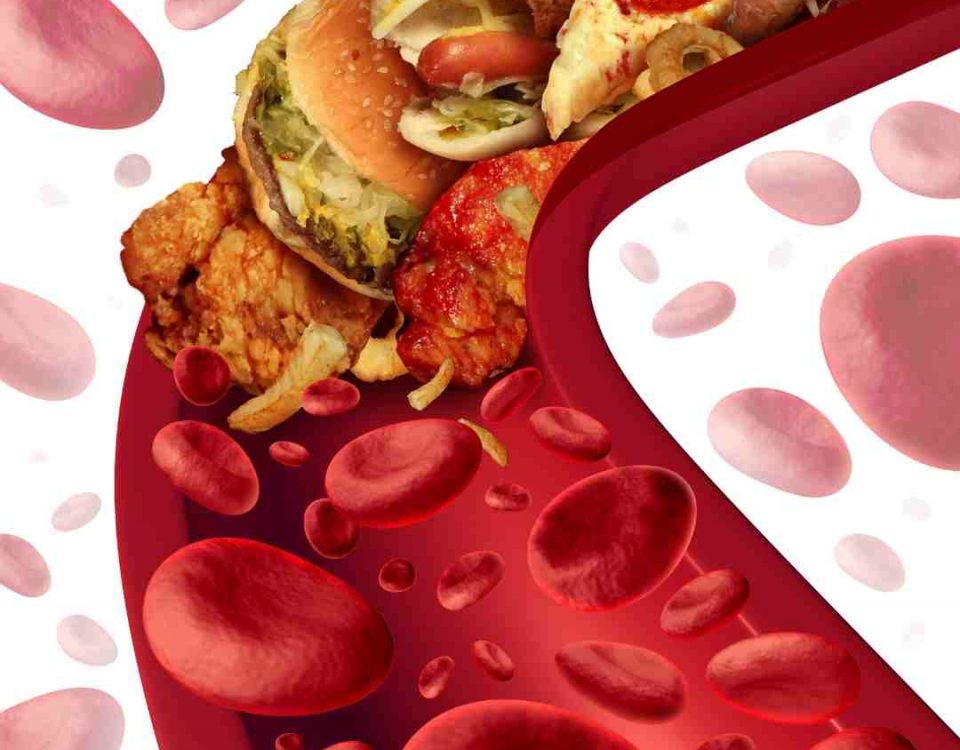- Connect Whatsapp
- +917012232608
- [email protected]
Ayurvedic medicine for UTI – An Overview

Ayurvedic medicine for headache
January 26, 2022
Ayurvedic treatment for Sciatica
April 26, 2022Table of Contents
Ayurveda management for Urinary tract infection are most satisfactory treatment nowadays because it is the second most frequently occurring infection in the body and is affecting thousands of people worldwide every year. Therefore the search for Ayurvedic medicine for UTI is increasing. Women are more frequently affected by this disease as compared to men despite having better renal system than men. However, when UTIs occurs in men they often lead to serious conditions. UTI is generally characterized by microbial colonization of urine. Generally bacteria are commonly found to be the main reason of disease however in some cases fungi, yeast and viruses also results in urinary infection. In most cases of UTIs an infection in lower urinary tract including bladder and urethra is reported. Bladder’s infection is generally excruciating and gut-wrenching however severe complication can happen if UTI is present in the urinary system.

Signs and symptoms
UTI is generally accompanied by burning sensation while passing urine (indicates increase in pitta dosha), strong smell with cloudy urine, and severe pain in women pelvic region.
Ayurvedic view
In Ayurveda, the symptoms of UTI can be clinically linked to Mutrakriccha. Mutravaha srotas are the channels that convey urine from the kidneys, bladder, ureters, and urethera. UTI develops as a result of a Pitta dosha imbalance. To avoid recurrent illness, it is therefore necessary to restore the pitta dosha imbalance and nourish or strengthen the urinary tract. Spicy and sour foods, alcohol, intense and long-term exposure to heat and sunlight, Ajirna food (eating before the previous meal), and drinking less water are all related with Mutrakrichha, according to classical texts.
Ama is produced when the tridoshas and agnimandhya get vitiated (toxins). This Ama, when combined with vitiated doshas, causes UTI symptoms. Increased urination frequency is one of the symptoms, urgency, hesitancy, burning and painful micturition.
Ayurvedic medicine for UTI
Panchakarma treatment for UTI
- Basti( Enema of decoction or oil) as ayurvedic medicine for UTI
- Niruha Basti, which uses dashamoola kwath, and Anuvasan Basti, which uses Til (sesame) oil, form a general treatment for urinary tract infection.
- Basti therapy relieves dysuria and blockage.
- Swedana
- Swedana (tapa sweda) aids in the liquefaction of toxins while also reducing stiffness and heaviness.
- Avagaha Sweda (Sitz Bath) and Tapa swedan (fomentation) are useful for treating UTIs.
- Virechana: Herbal purgatives are used to cleanse the system. This aids in the removal of blockages in Vata humors routes, as well as the alleviation of Pitta’s primary symptoms.
Herbs as ayurvedic medicine for UTI
- Amalaki – It has pitta-pacifying effects and used to treat painful urinary problems.
- Gokshura – this herb is known for draining out impurities and healing renal inflammation.
- Kantkari- it is also beneficial for removing Ama from doshas, improving circulation and digestion, and rebalancing the doshas.
Compound Preparations
- Punarnavadi kashayam is a herbal diuretic that can help with liver and urinary problems.
- Varanadi kashayam is beneficial to all of the mutravaha srotasa vyadhis (urinary system problem)
- Chandraprabha vati – it is effective in treating a variety of urogenital issues, such as dysuria, urinary tract infections, and urinary incontinence.
- Chandanasava is beneficial in the symptoms of UTI like painful urination, cystitis, and other urogenital issues.
- Guduchyadi kashayam possesses pitta-soothing effects and helps with burning and uncomfortable micturition.
Diet and lifestyle
- Diet that can improve the imbalance of pitta dosha, and simultaneously cleanse and remove toxins from the individual’s body is generally recommended. Consuming at least 3 liters of water is also recommended in order to remove or flush harmful bacteria thorough urine.
- Reduction in hot spices in food, drinking lemon, orange, pineapple and sugarcane juice along with coconut water should be included in daily diet regimen.
- Eating fresh fruits such as apples, berries, figs, grapes or any seasonal fruits is also recommended.
- Eating fair amount of curd is also suggested as lactobacillus bacteria present in it helps in providing probiotics which further helps in correcting imbalances that occurs as a result of bacterial infections.
- Pink Himalayan salt or rock salt should be used in daily cooking instead of sea salt that hampers the proper function of kidneys.
- A whole diet including dietary fibers should be consumed.
- Alcohol, caffeine, carbonated beverages, coffee, chocolates, processed foods, refined sugars have adverse effects on the kidneys
- Improper hydration rate which has been linked to the risk of urinary tract infection.
- One should not dismiss the urge to urinate and should be done as soon as possible in order to avoid any infection caused by bacteria.
- Cleanliness should also be maintained especially women undergoing periods or menstrual cycle should sanitary pads. One should also avoid use of tampons as they increase the risk of bacterial infection.

